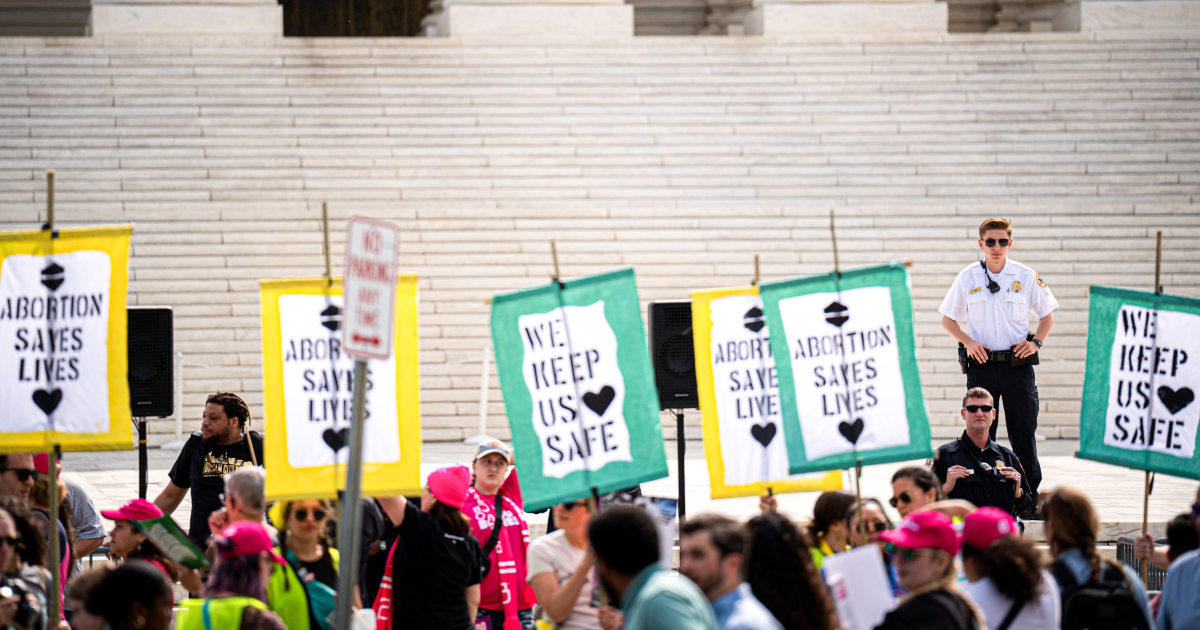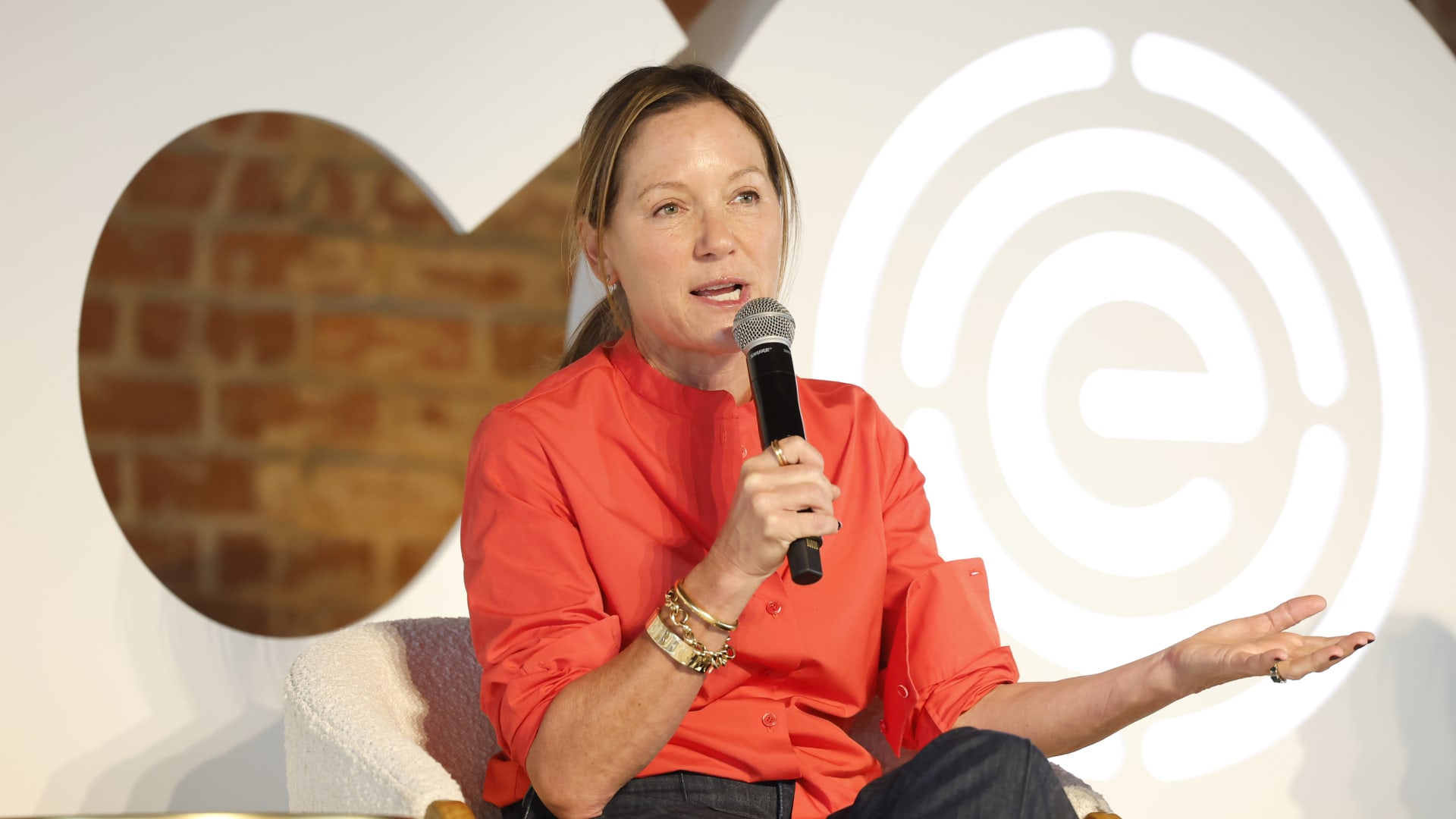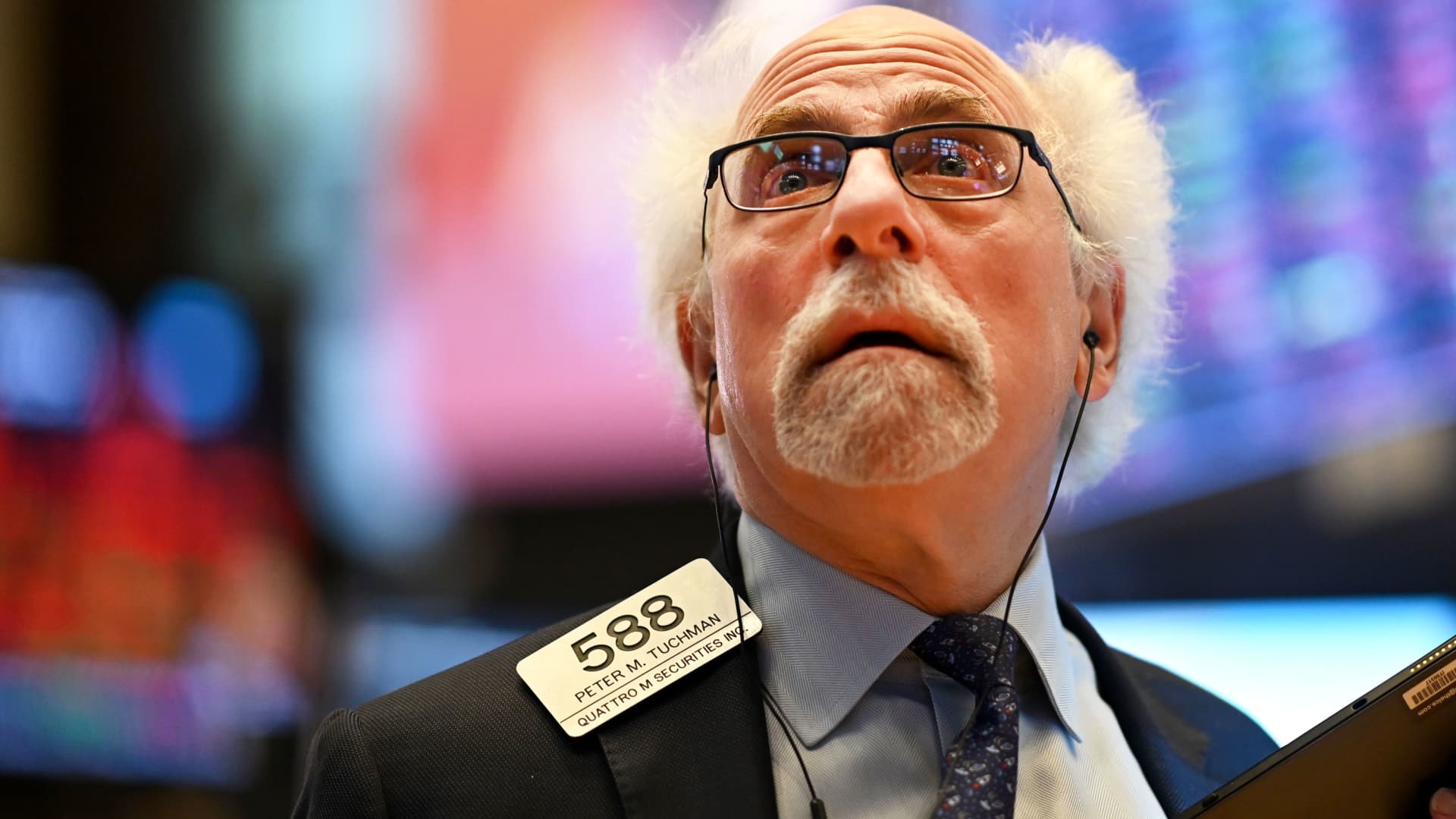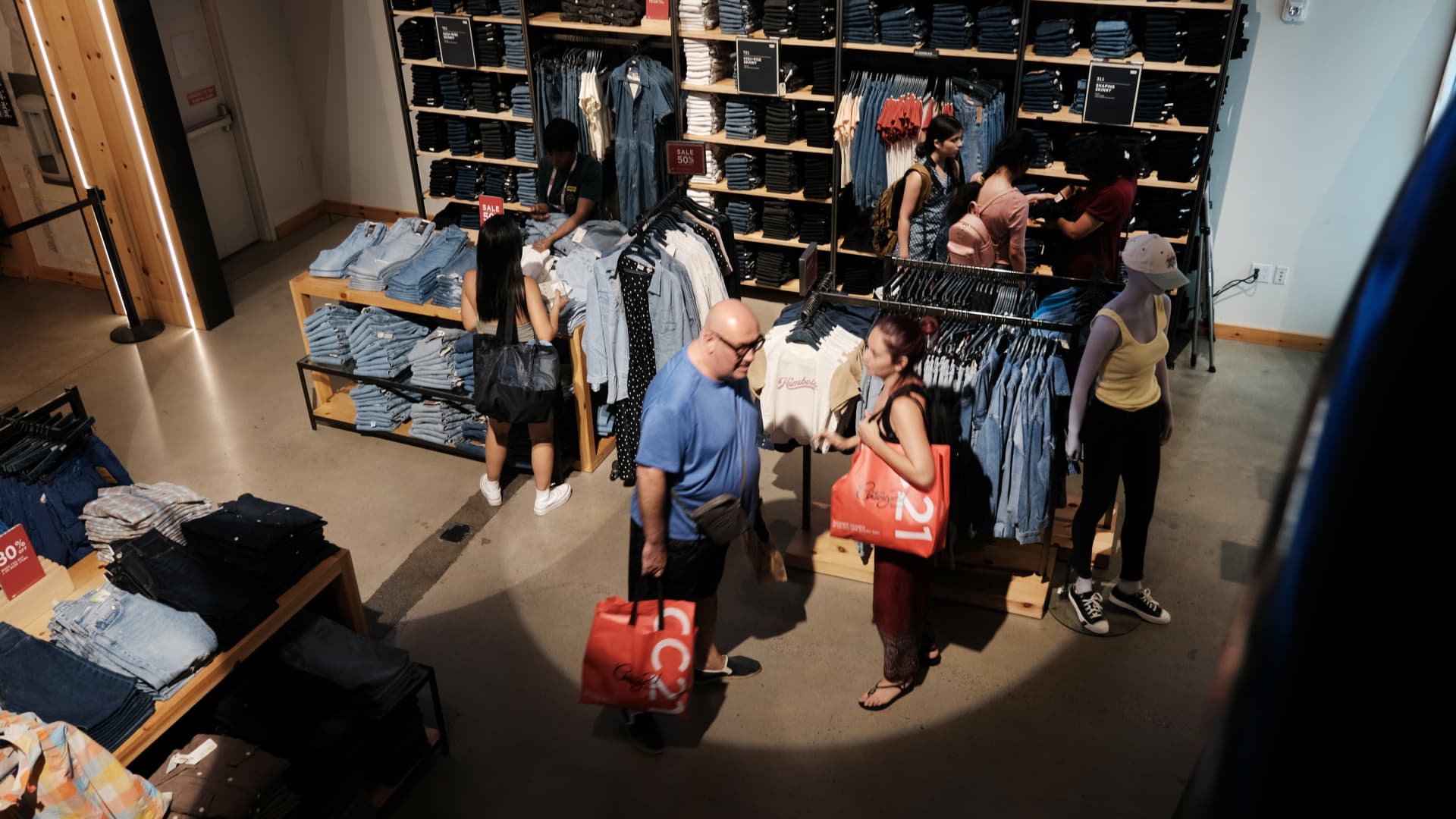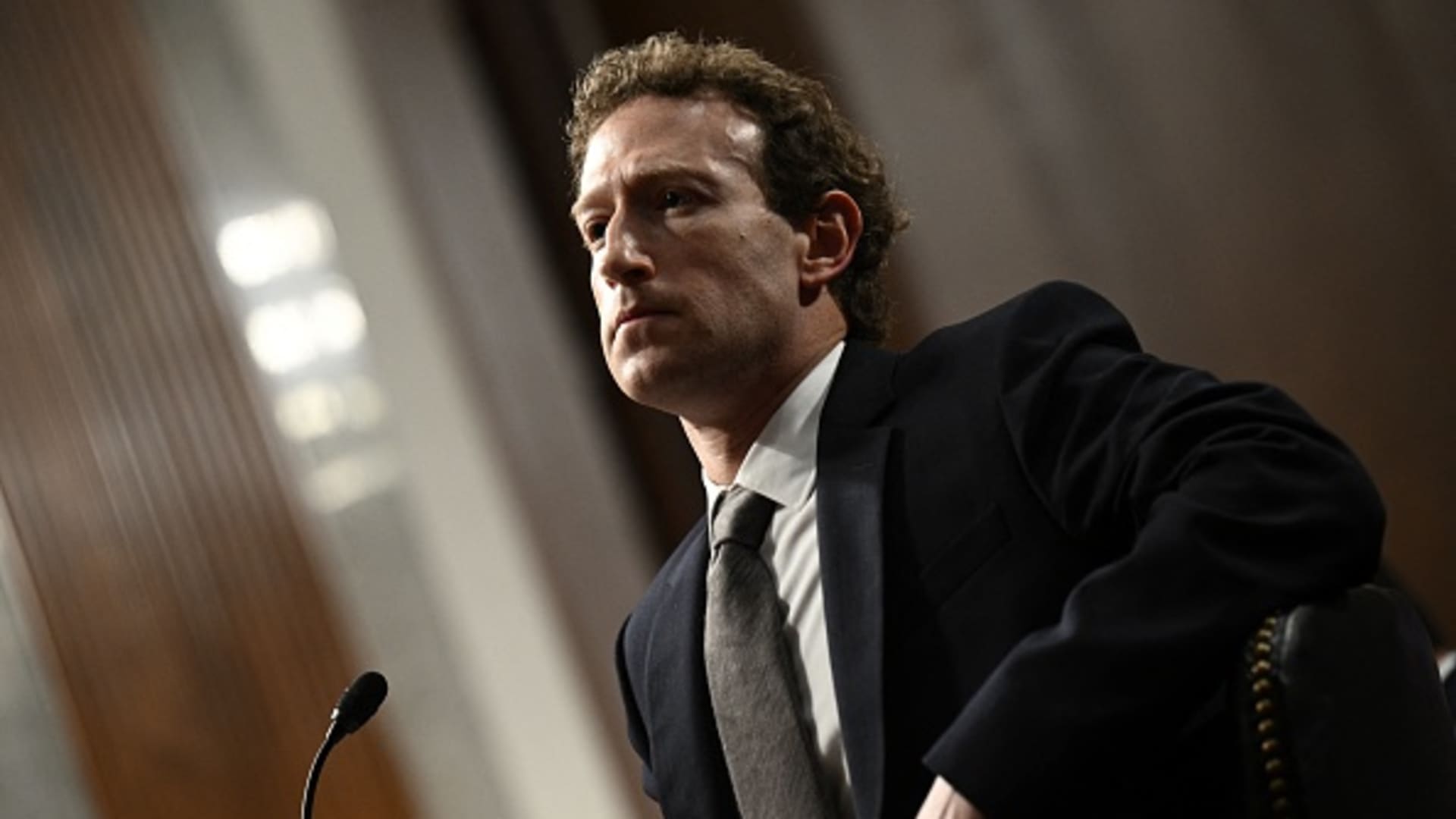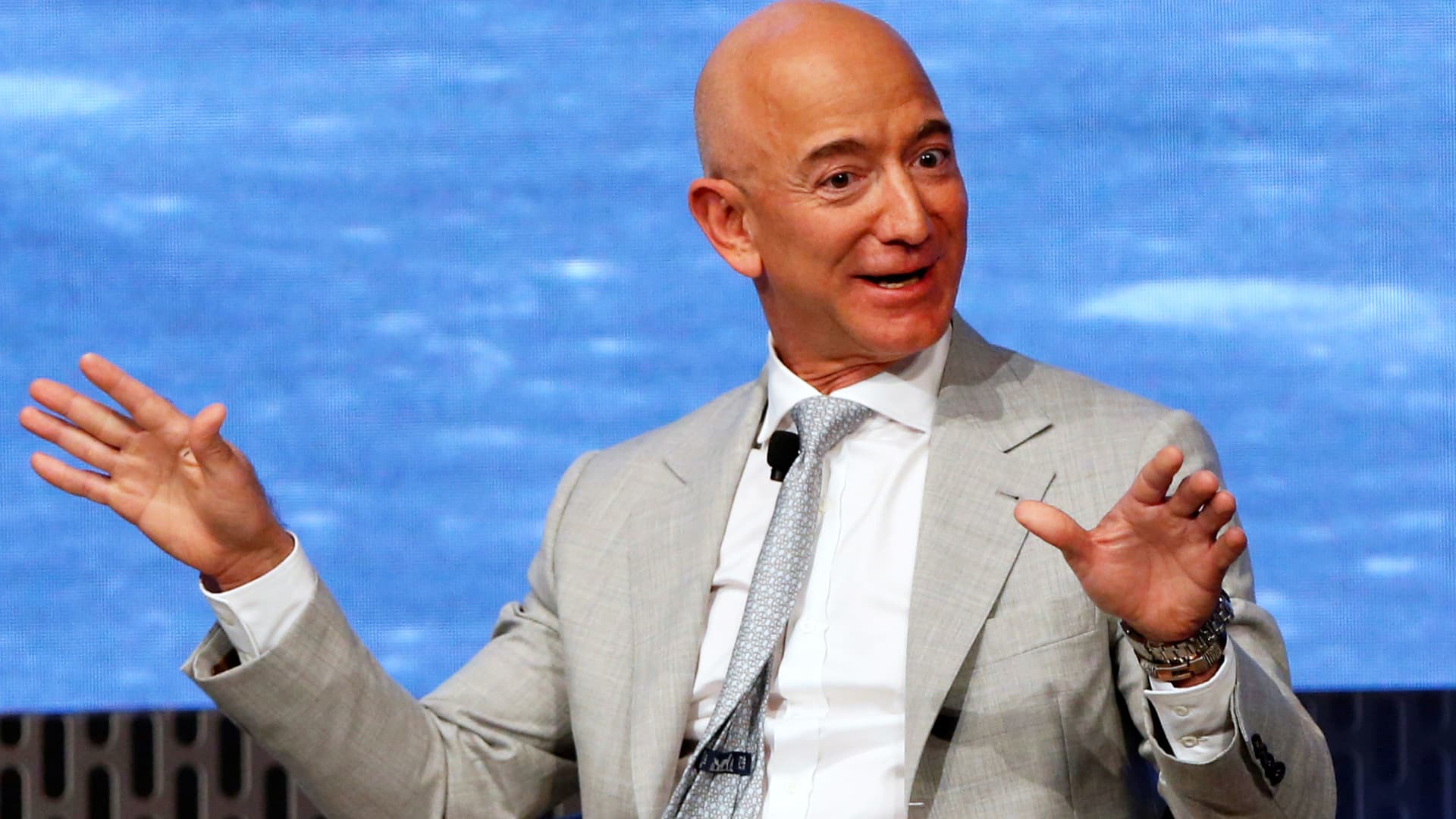When Gregg Renfrew was a year out of college and racking up credit card debt, she called her mom for help — only to be told, bluntly, “Well, it’s time to get a new job.”
The tough-love lesson in financial independence pushed her to be more mindful of her spending and income, says Renfrew, 55, the CEO and founder of billion-dollar clean beauty startup Beautycounter. “Living in fear of not being able to pay my bills — having literally no idea — it forced me to start hustling,” she tells CNBC Make It.
Upon graduating from the University of Vermont in 1990, Renfrew’s mother gave her two gifts, she says: a monogrammed black briefcase and a check for $5,000. The check was enough to cover “first and last month’s rent on an apartment in New York,” along with some work clothes and other odds and ends for someone just starting a career, she says.
Renfrew was free to do whatever she wanted with the money, but her mother was adamant that she wouldn’t receive any more financial support.
Less than a year after moving to the city, she “immediately racked up credit card bills,” owing more than $1,000 on her American Express card, she says. Her mother, a real estate executive at the time, “absolutely could have bailed me out,” she adds.
Instead, her mom instructed her to find a way to make enough money to pay off her own debts. While Renfrew was “frustrated” with that response at the time, she now says she was lucky to get any sort of head start from her parents.
“I was fortunate to have a debt-free education and to receive any money,” says Renfrew. “A lot of people don’t have either of those things.”
Learning to hustle
The reality check worked. Renfrew “immediately sought a [new] job,” leaving her gig at an advertising firm to join the sales training program at the Xerox Corporation. Soon, she was selling copiers to businesses across Manhattan, paying off her debts and eventually becoming one of the company’s top salespeople.
Renfrew was still working at Xerox when she started a side business with a friend selling bridesmaid dresses. In 1997, they partnered with Nicole Hindrich to bring the British bridal registry business The Wedding List to the U.S., landing a $1.5 million investment from Nordstrom three years later.
That business, which sold to Martha Stewart Living Omnimedia in 2001, wasn’t Renfrew’s first foray into entrepreneurialism.
As a college student who wanted to enroll in a “Semester at Sea” program, Renfrew was told by her parents she would need to pay for it herself. During the summer, she started a house-cleaning service in Nantucket, Massachusetts — even hiring a team of employees — to make enough money to cover the program’s cost.
The experience fit right into her parents’ child-rearing approach: They pushed her to be able to stand on her own, independent of anyone else, including any potential future life partner. Growing up, whenever Renfrew wanted to buy “material things” like a pair of jeans, she needed to earn the money to buy them herself, she says.
Her ability to be self-reliant helped lay the foundation for her future career in business, she notes: “I think that is a really good life lesson.”
Want to land your dream job in 2024? Take CNBC’s new online course How to Ace Your Job Interview to learn what hiring managers are really looking for, body language techniques, what to say and not to say, and the best way to talk about pay.

